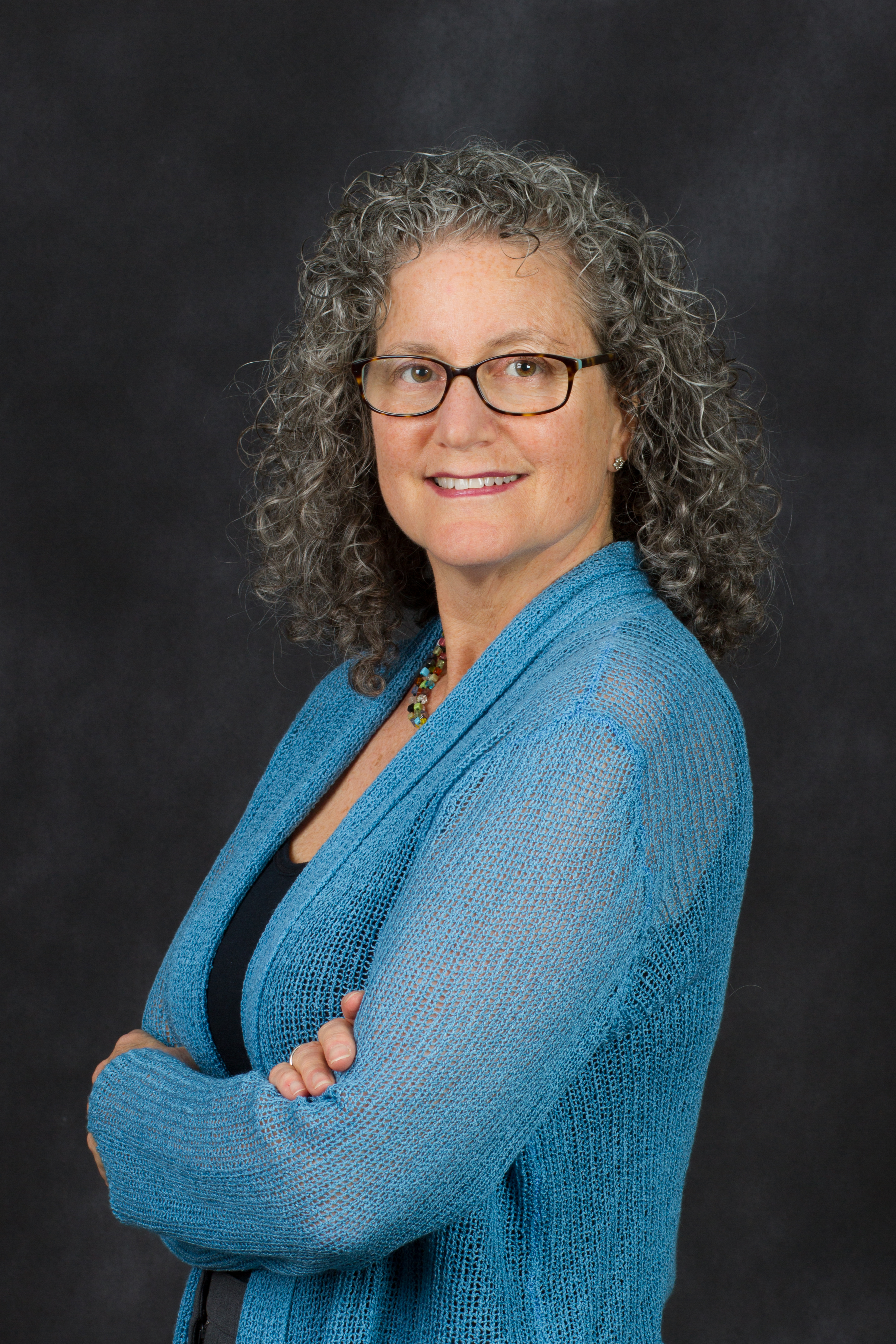When I moved to Chapel Hill in 1998, I fell in love with North Carolina. Living in the South was never on my bingo card, but we followed the job opportunities and Chapel Hill was where we landed — and stayed. I jumped right into serving my community on boards and committees and was nominated and appointed to the OWASA board in 2001. I didn’t know much about creating water policy, but I knew I cared deeply about the quality of drinking water after living in New Orleans where the water tasted, smelled and looked foul.
I had some great mentors and soon understood more concerning the politics of water. Then, we went into a drought. Everything changed, as it became clear we were going to run out of water. That’s when it happened… reporters! Local reporters began to call me for a quote or statement about the current situation. I didn’t realize this came along with the job. That wasn’t in the policy manual – but, then again, neither was the drought!
The first couple of times talking with a reporter was uncomfortable. I tried to learn as much about the reporters as they were trying to learn about the stories they were covering. Understanding this new relationship took some time and over the 20 years I have been involved in serving my community, I have learned to enjoy the interview process and certainly the reporter’s questions. Then, another large-scale problem: COVID hit. As the Chief Elected Official in the county, I was responsible for leading the county’s response. I talked with reporters daily. It was a lot, but we needed to make sure our residents got the information they needed to stay safe and healthy. I was thankful for the news outlets.
During COVID, I was very concerned about the DTH reporters. They were in lock down, some back home with their family, some in apartments nearby. No one was going out, seeing people or going to class. We became a Zoom nation. Before they began our interview, I always asked the reporters how they were doing, did they need anything and made sure they had my contact information if they wanted to talk. Sometimes we would stay on the call well after the recording stopped, just to talk off the record. They were honest and most said they were not ok and felt isolated and unsure about the future.
I asked some of the DTH reporters a few questions for this column. It was fun to interview them. My questions focused on preparing for their interview with politicians. Questions like
How did your approach change as you got more experienced?
What was your favorite interview and how did you deal with controversial topics?
Henry Haney (he/him, él/lo), UNC-Chapel Hill, 2021, was kind enough to put it all down on paper (you know what I mean). A couple of Henry’s first interviews were with me and others who were involved with the comprehensive transit plan and the LRT. As a new writer for the DTH Henry remembers a good bit of guidance from the City & State editorial staff on how to research and prepare for a story. He says if you are a writer for the DTH, “you hit the ground running”.
As Henry grew more comfortable, he got better about researching politicians’ backgrounds and followed social media and governmental websites for stories.
“Once I became an editor (assistant City & State desk editor), all the writing, research, and pitching skills I had developed served really well to assign stories, build source databases, and ensure quality coverage,” said Haney.
Henry’s approach to a controversial topic is to exercise “empathy and sympathy.”
“That meant asking my interviewees, especially those from marginalized backgrounds and communities when applicable, what people might be misunderstanding about the issue or what is important to consider as a person of the media,” said Haney. “At the end of the day, what’s important is to look beyond the “two sides to every story” cliché and ask yourself what the consequences to your reporting can be. Journalists have an obligation to not cause harm through poorly-communicated information or misinformation. Sometimes giving one side an equal platform to others (because there’s never just two sides) is a flawed way to handle controversy.”
And what about his favorite interview? According to Henry, one that stuck out was a visit to the Greene Tract and talking with a commissioner about the history. Being able to see it with his own eyes helped him report the story accurately. What was the most challenging story? Covering the saga of Buc-ee’s in Efland!
DTH and J School Students come and go! I enjoy watching them grow and become excellent reporters. Some stick around and work for local news and media outlets, some move on to other cities to continue their career and, if we are lucky, one of them may stick around and become the news director for our local on-air and on-line news source. Just saying!
 Penny and her family moved to Chapel Hill in 1998. She soon joined the Town of Chapel Hill’s Telecommunications and Technology advisory board and was appointed by the town to the OWASA board of directors where she served 6 years and held the Vice Chair position. In 2009 she ran and was elected to the town council in Chapel Hill, and in 2012 ran and was elected to the BOCC where she served 8 years, the last two as chair of the board. Penny owns and operates a personal chef and catering company and has been published in Cary Magazine, Gourmet Magazine, INDY Week, Southern Neighbor and News14. She lives in Carrboro with her mom Jersey Jacky. You can find her on Twitter and Instagram
Penny and her family moved to Chapel Hill in 1998. She soon joined the Town of Chapel Hill’s Telecommunications and Technology advisory board and was appointed by the town to the OWASA board of directors where she served 6 years and held the Vice Chair position. In 2009 she ran and was elected to the town council in Chapel Hill, and in 2012 ran and was elected to the BOCC where she served 8 years, the last two as chair of the board. Penny owns and operates a personal chef and catering company and has been published in Cary Magazine, Gourmet Magazine, INDY Week, Southern Neighbor and News14. She lives in Carrboro with her mom Jersey Jacky. You can find her on Twitter and Instagram
Chapelboro.com does not charge subscription fees, and you can directly support our efforts in local journalism here. Want more of what you see on Chapelboro? Let us bring free local news and community information to you by signing up for our biweekly newsletter.


